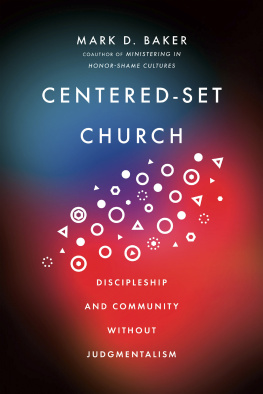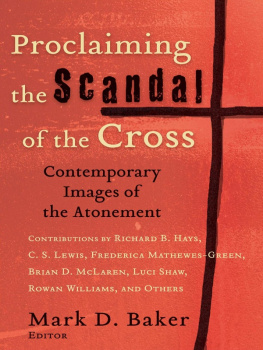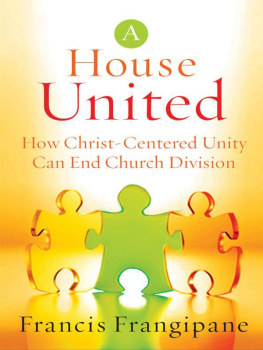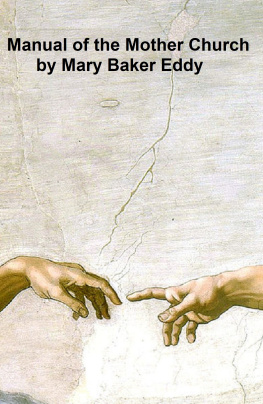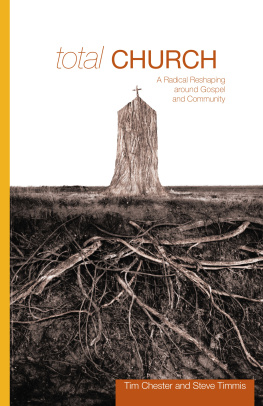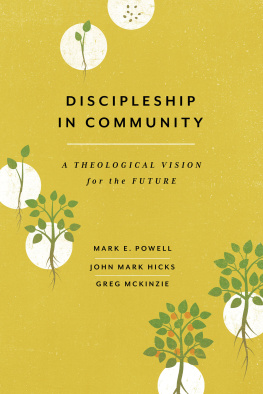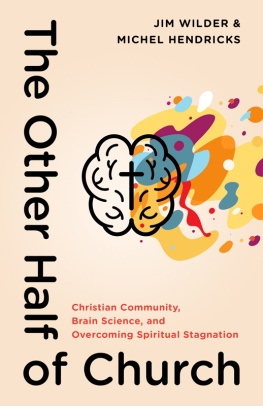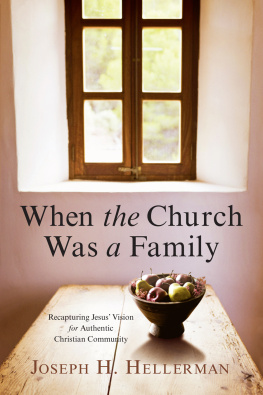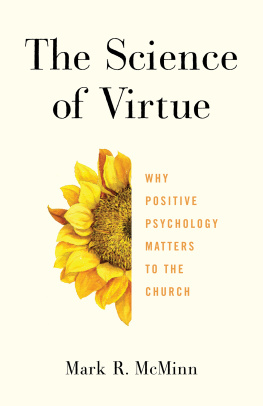Sommaire
Pagination de l'dition papier
Guide
CENTERED-SET
CHURCH
DISCIPLESHIP
AND COMMUNITY
WITHOUT
JUDGMENTALISM
MARK D. BAKER
InterVarsity Press
P.O. Box 1400, Downers Grove, IL 60515-1426
ivpress.com
2021 by Mark D. Baker
All rights reserved. No part of this book may be reproduced in any form without written permission from InterVarsity Press.
InterVarsity Pressis the book-publishing division of InterVarsity Christian Fellowship/USA, a movement of students and faculty active on campus at hundreds of universities, colleges, and schools of nursing in the United States of America, and a member movement of the International Fellowship of Evangelical Students. For information about local and regional activities, visit intervarsity.org.
All Scripture quotations, unless otherwise indicated, are taken from The Holy Bible, New International Version, NIV. Copyright 1973, 1978, 1984, 2011 by Biblica, Inc.Used by permission of Zondervan. All rights reserved worldwide. www.zondervan.com. The NIV and New International Version are trademarks registered in the United States Patent and Trademark Office by Biblica, Inc.
While any stories in this book are true, some names and identifying information may have been changed to protect the privacy of individuals.
is an adaptation of Discipleship Cycle graphic. Used by permission of The Meeting House, Oakville, Ontario.
The publisher cannot verify the accuracy or functionality of website URLs used in this book beyond the date of publication.
Cover design and image composite: David Fassett
Image: rainbow-colored orb: Michel Leynaud / PhotoAlto Agency / Getty Images
ISBN 978-1-5140-0095-3 (digital)
ISBN 978-1-5140-0094-6 (print)
This digital document has been produced by Nord Compo.
IN HONOR OF
Paul Hiebert (19322007) who had the creativity and insight to borrow set theory from mathematics and apply it to churches. Without his work this book would not exist. I am honored and privileged to have, since 1999, taught at the seminary that Hiebert graduated from in 1957.
DEDICATED TO
my students at Mennonite Brethren Biblical Seminary, now Fresno Pacific Biblical Seminary. Also, without you this book would not exist. Your challenging questions pressed me to refine and clarify my explanations of bounded, fuzzy, and centered sets. Your pertinent questions on application motivated me to produce a book to answer them. Things I learned from your efforts at doing centered ministry provided many of the examples and insights in the book. It has been a privilege to teach you, learn with you, and learn from you. May the conversation continue.
Drawing Lines and Erasing Lines

DRAWING LINES
While riding home from church when I was six years old, I looked disdainfully at people who were mowing their lawns because I had learned that Christians did not work on Sunday. Though I dont recall anyone at church actually telling me that people who mowed their lawns on Sundays were reprobates, I viewed them that way. Not only did they perform forbidden tasks on the Lords day, they obviously had not gone to church. This provided me a clear way of labeling some people as non-Christians.
By observing those who mowed lawns on Sunday, I could distinguish those who belonged to my religion from those who did not. At the age of six I had already absorbed and applied a line-drawing approach to Christianity, and I had the security of knowing that I was on the right side of the line. I was in. As I grew older I continued to derive security from the lines I drew. As a teenager I felt morally superior because, in contrast to those around me, I did not cheat on tests, steal on the job, drink, dance, swear, smoke, or do drugs.
After I left home to go to a Christian college, two different encounters led me to rethink using rules to draw lines. First, I happened to visit a church that had a longer list of rules than mine. Sitting in a pew in the back, I became increasingly uncomfortable as the church filled up. All the males had on white shirts and ties. I did not. My hair was 1970s stylishly long; theirs was 1950s short. I felt shame for standing out and not complying with their rules. I was on the wrong side of their line. I imagined them looking at me and thinking just what I thought of people on the wrong side of lines I had drawn. Had I made others feel like this? I did not like it.
And, around the same time, I met some Christians who had a shorter list of rules than I did. They drank occasionally and enjoyed dancing. I faced a dilemma. My definition of Christianity told me that these people could not be Christians. In other ways, though, I recognized their faith to be more mature than my own. I either had to change my definition of a Christian or refuse to accept these friends as Christians. I concluded that legalism was the problem. I began to step away from my focus on rules, and I fully embraced my friends as Christians. I also began to see legalists as the ones who were not good Christians.
Over the next seven years I continued changing and embraced new expressions of Christian discipleship: a simple lifestyle, total commitment to Jesus, openness to gifts of the Spirit, and commitment to social justice. I thought I had come a long way from my high school legalism until I sat in a Bible study and watched the teacher draw two diagrams on the board.
He drew a line that angled uphill and said: Many evangelical students see their life as a progression from the legalism of their youth to a more mature Christianity, which stresses issues of lifestyle and justice and explores authentic Christianity. It appears they have moved forward. I thought, Yes, thats me. Then he drew a circle and at different points wrote legalism, simple lifestyle, freedom to drink, and issues of justice. He pointed to the circle. They move along, but they are not going anywhere. They just change one means of judging themselves as superior for another. I felt stunned. Perhaps I had not progressed as far as I had thought.
Stunned, yes, but I did not feel attacked because it was a gracious revelationgracious in the spirit in which he did it and full of grace because it was a first step in my becoming more gracious toward myself and others. His observations led me to look at my life with new eyes. I saw that I had used the broadening of my faith perspective in the same way I had used the legalism of my youth: to draw lines between myself and others. Just as I had looked down on those who mowed their lawns on Sunday, I now looked down on those who did not share my new perspectives. Though I was self-righteously judging others, I also often felt judged by some people for things I did or believed. For instance, although my stance on US foreign policy in Central America caused some Christians to see me as a good Christian, other Christians critiqued me. One church I attended maintained that, regarding social issues, opposing abortion should be the priority for all Christians. I agreed it was an important issue, but because I put more time and energy into other causes, I felt like I did not measure up to their standard. I was on the wrong side of their line.

